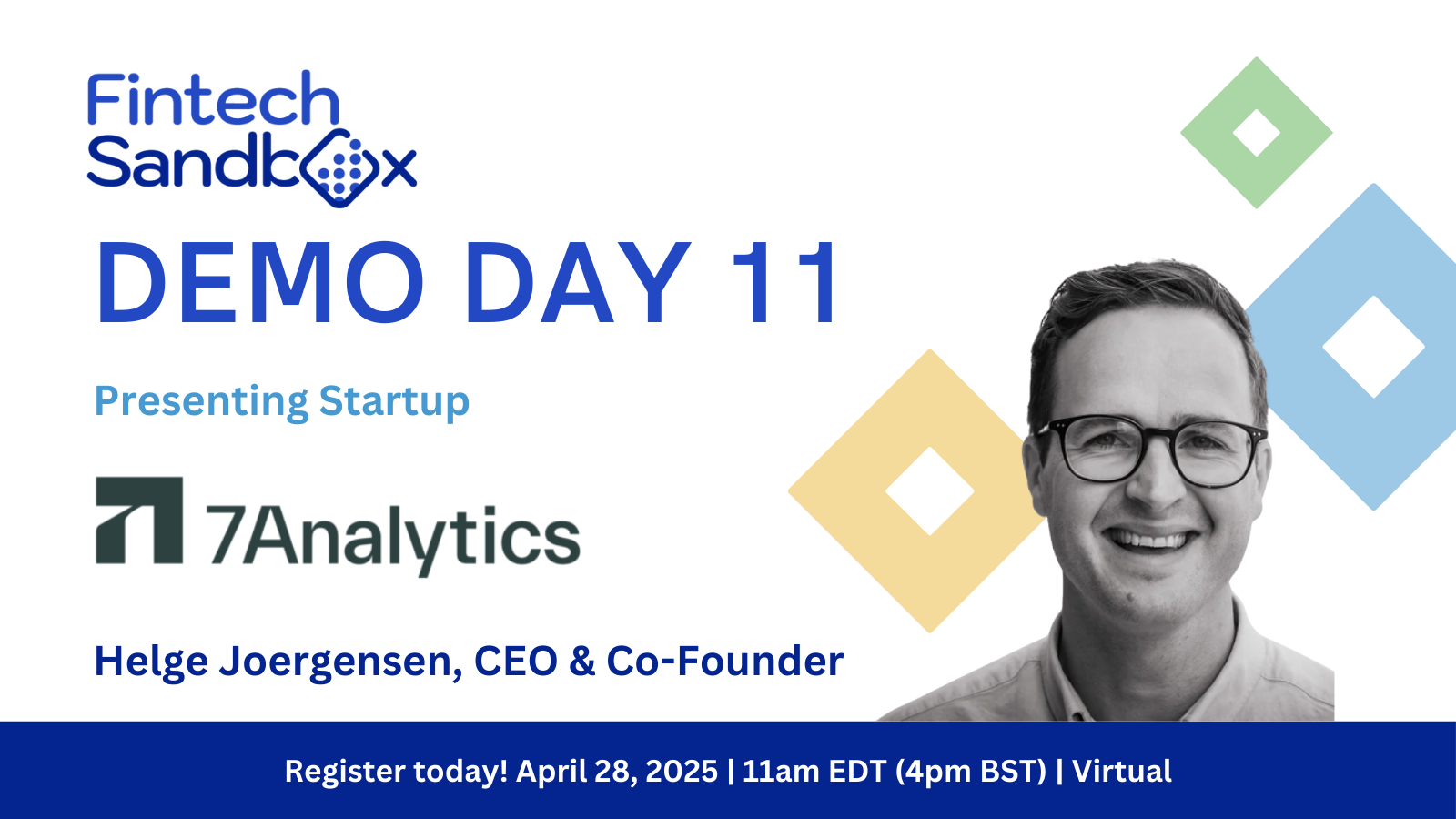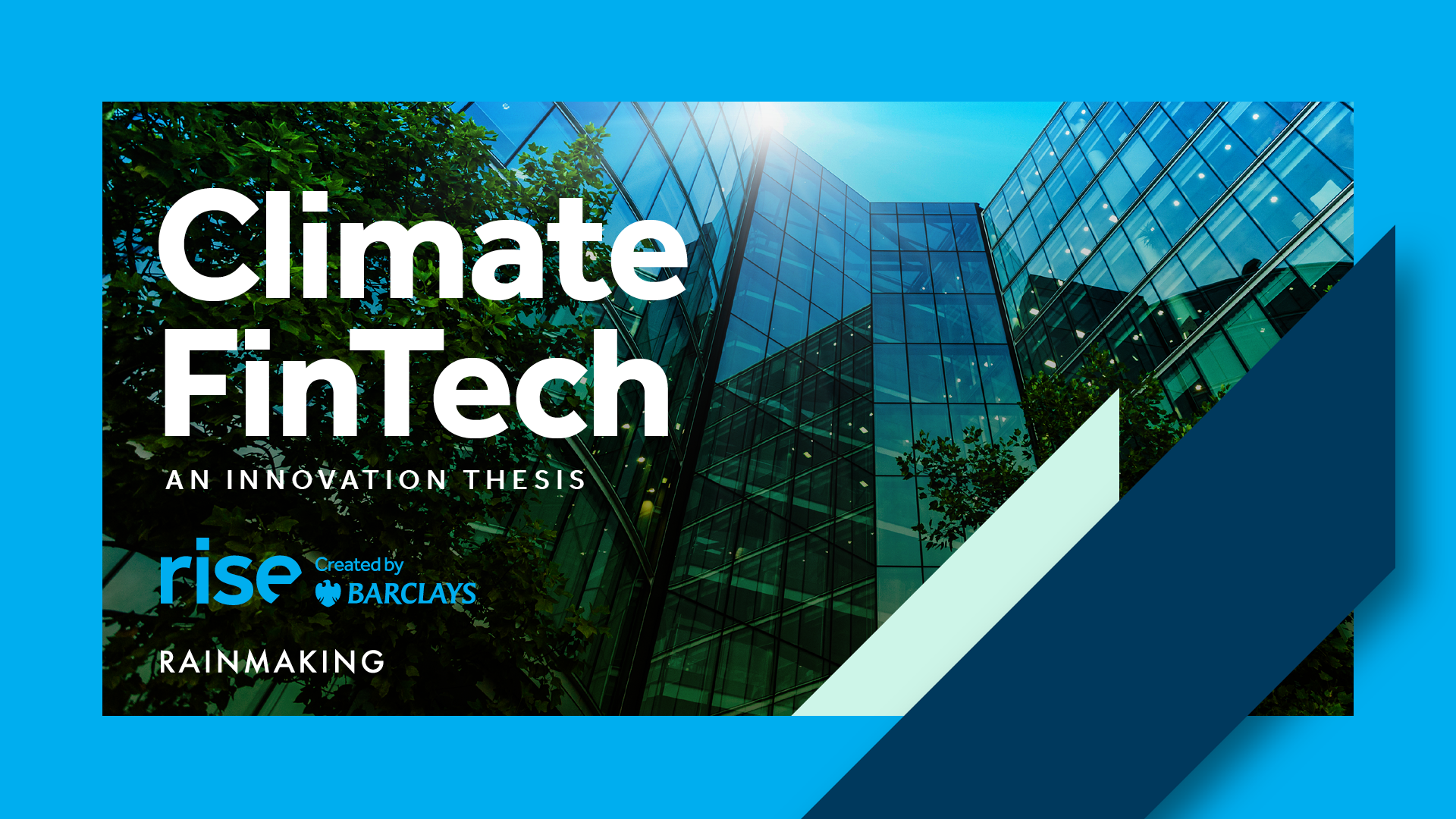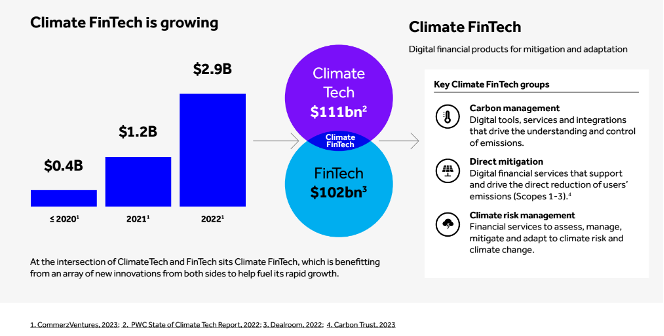Last week, at our 11th Demo Day, we saw five fintech innovators succinctly showcase their solutions to the most pressing challenges in financial services. The companies they founded built these solutions during their recent participation in our Data Access Residency with the support of several of our Data Partners.
The presentations were fast paced, and some of you may have missed the interactions between founders and members of the audience. So, here are a few of the questions audience members asked after seeing what these teams have built, and the answers these founders provided.
* * * * *
Sandbox Wealth has built a turnkey open banking solution for wealth managers, including independent advisors and family offices, allowing them to offer sophisticated cash management and credit products to their clients. Ray Denis, the Founder and CEO, provided the product demonstration to the hundreds of people who tuned in for Demo Day.
JS: How are you thinking about Agentic AI?
Ray Denis: We’re looking closely at agentic workflows for document ingestion and yield optimization (for both assets and liabilities). Very focused on getting the data layer right before we dive into those features, but it’s a major part of the roadmap.
BC: How are high-net-worth clients onboarded (one at a time or through datasets)?
Ray Denis: We can handle onboarding one at a time or by mass onboarding with an integration to a firm or advisor’s CRM. We let our partners decide how they’d like to address.
BC: Also, how long to integrate for Registered Investment Advisors?
Ray Denis: The process is intended to be quick. After contracting, we can handle the one at a time onboarding almost immediately. I’d budget 60-90 days for mass onboarding to ensure connectivity with the CRM and the accuracy of the data.
Serene is transforming customer care in financial services by helping banks and financial organizations proactively identify, predict, and support customers in vulnerable circumstances. Savannah Price, Serene’s Founder and CEO, provided our Demo Day audience with a demonstration of the capabilities this London-headquartered fintech built while taking part in our Data Access Residency.
SD: What data and systems do you need access to?
Savannah Price: Open banking/ transactional data (current, credit card, savings accounts). Interaction data, voice-to-text (for sentiment analysis).
JB: Who is the end user of Serene? Which business unit of the customer would be the purchaser of this product?
Savannah Price: End user is the financial institution – Heads of Credit Risk, Heads of Collections, Customer Ops. Exploring scam susceptibility use cases at the moment with Fraud/Fincrime teams.
7Analytics has developed AI-driven flood risk modeling for insurers and asset owners, leveraging high-resolution datasets and 600+ physical parameters. 7Analytics can provide crucial information of flood risk, all the way down to the building level. Helge Jørgensen is Co-founder and CEO of 7Analytics, the first insurtech founded in Norway to present at Demo Day.
WC: What is your geographical coverage? Do you have data for commercial and industrial sites? What is the time horizon for your simulations? Which long-term scenarios do you use?
Helge Jørgensen: Yes – we cover commercial sites. We have several industrial customers in the US today that use our technology. Geographical coverage is based on where we see traction. Our technology is scalable, so we are ready to enter new markets.
EM: Are you also considering to expand to the UK?
Helge Jørgensen: We have our technology ready for the UK. We are running several POC in the UK now.
RK: How are your models/products different than First Street?
Helge Jørgensen: Our approach is different in how we are approaching the modeling of flooding. We use high resolution models (3x3ft), high resolution landuse cover, and ML on claims from insurance companies. We provide flood risk covering all flood types – urban, fluvial and storm surge. We also keep our input data up-to-date by using advanced tech for updating/enhancing the terrain and land use data.
Calculum is offering an AI-powered supply chain analytics platform that helps companies unlock working capital, improve supplier intelligence, and generate free cash flow by optimizing payment terms. Co-founder Eric Zager presented Calculum’s capabilities to our Demo Day audience.
JS: Can Calculum help corporates address disruptions in their supply chains caused by tariffs?
Eric Zager: Yes—by leveraging data and benchmarking, Calculum helps corporates negotiate improved payment terms and optimize working capital, providing flexibility to mitigate the impact of tariffs and other cost pressures.
TM: Any intention of supporting your customers on their receivables side, as well?
Eric Zager: Absolutely. While our core focus has been on payables, we’re seeing strong demand on the receivables side and plan to support clients in optimizing their entire working capital cycle.
BL: What are your thoughts about addressing opportunities in supply chain finance yourselves?
Eric Zager: We believe there’s significant potential in integrating supply chain finance capabilities into our platform. While we currently partner with leading providers, we’re actively exploring how we can offer direct solutions to better serve our clients.
Level2 offers the first fully visual no-code systematic trading strategy creation platform built for active traders. Andrew Grevett, Co-founder and CEO, provided a demonstration of the company’s product and an explanation of their B2B2C model. Level2 is making data-driven trading simple and accessible for all.
CS: Does the platform offer any type of education? I understand it enables a lot of resources for traders, but UI seems to assume the user already has a lot of knowledge around trading, and understanding trades.
Andrew Grevett: Yes, education is a key part of our strategy as the visual approach makes learning and understanding simple. It’s something we intend to enhance in the next version, moving more towards a more dynamic approach along with an immersive trading mode.
LZ: Does this include direct feeds (rather than the consolidated SIP tape)?
Andrew Grevett: We do not have any direct feeds at the moment; it’s all from the SIP tape.
* * * * *
If you’d like to talk to any of these entrepreneurs about what they are building, please reach out to us here. If you weren’t able to attend Demo Day 11, we’ll be posting a recording showcasing the presentations of these five outstanding startups, as well as insights from thought leaders representing the Fidelity Center for Applied Technology, MassMutual, and KKR, to our YouTube channel shortly.






